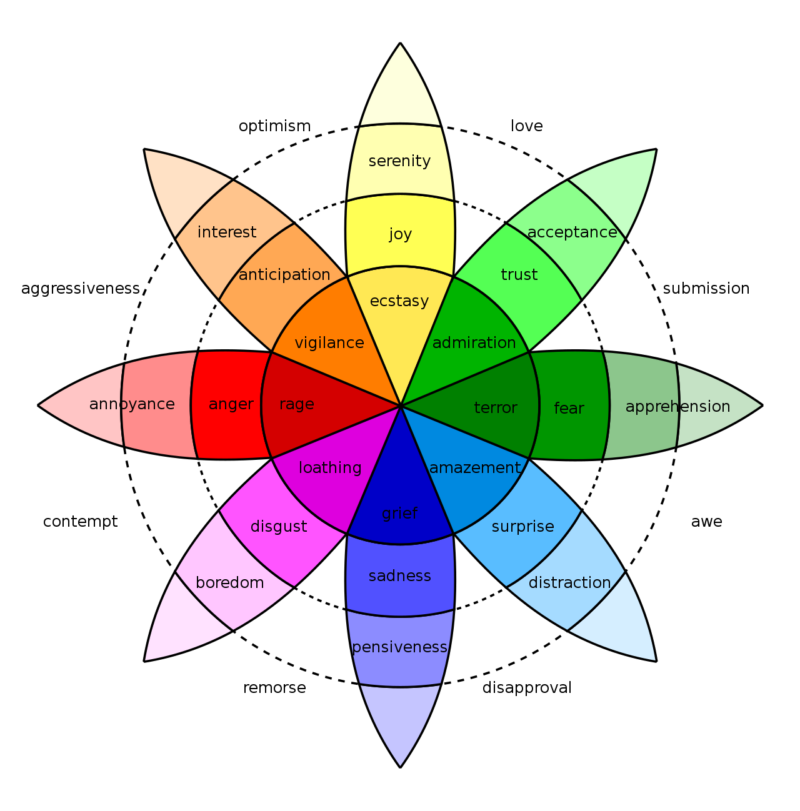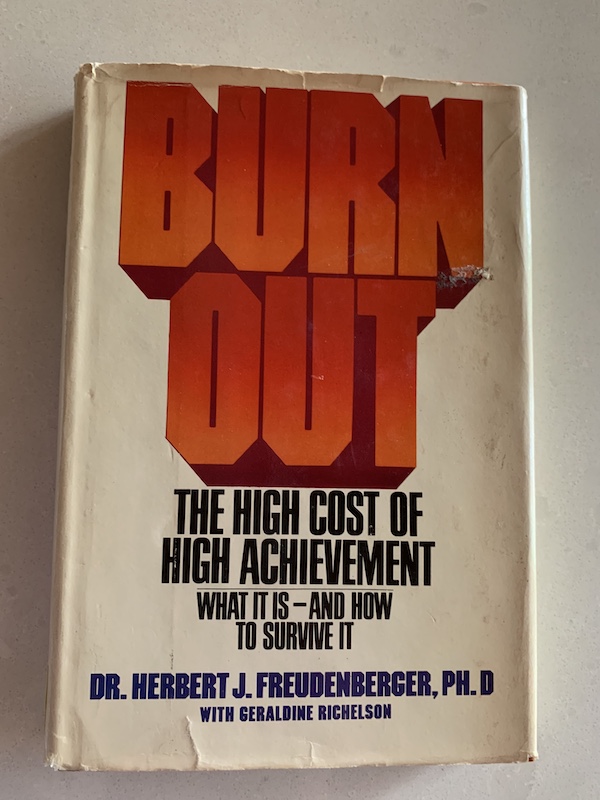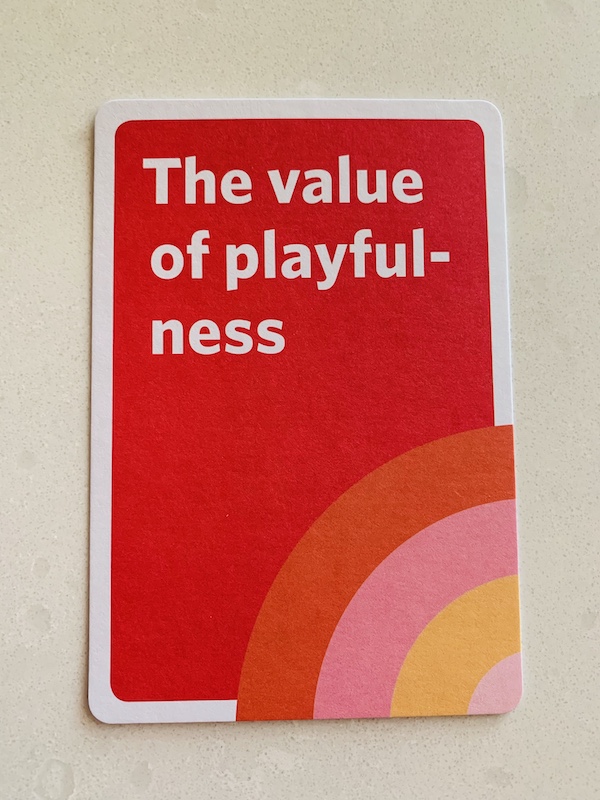Happy New Year! And Happy Last Friday of January! I’ve been having a lot of thoughts surrounding the concept of being intentional and showing up this year. More consistency and messy action cheers to you.
stick-to-it-ness
Ignore the 10,000-hour rule and stay for the deliberate practice habits. I particularly like the last section of this article: Do Hard Things. When you are training – including your mental training – are you actively participating in it? {via Trail Runner}
I’ll get so much done on the commute
With COVID shutting down offices and, subsequently, conferences and work travel, commutes have gone the way of the DoDo, as they say. Why a “fake commute” could be good for your well-being. {via CNN}
I just kept running
This book…. sounds relatable. I’ve often been asked, “how do you learn to love running?” And the truth bomb from me is, I very rarely love running. In fact, there are more miserable days than semi-pleasurable ones. And I think that’s the bigger lesson here: Do you really need to love something to do it? Maybe. But maybe not. I personally don’t think it’s a requirement. YMMV. Though you should probably have a reason why you are running in the first place.
I’m in the moment here
Take a listen to this Wild Ideas Worth Living podcast episode about a San Diego-area school and how their program impacted their students (stick around towards the end of the episode for some ways to incorporate mindfulness).
{via REI}
inspiration for your perspiration
The foundation of a successful goal is determining your WHY, then building in strategies on how you’ll overcome challenges. Robert Paylor knows a little something about that. {via Honey Stinger}
Need help figuring out your WHY? Let’s chat!


